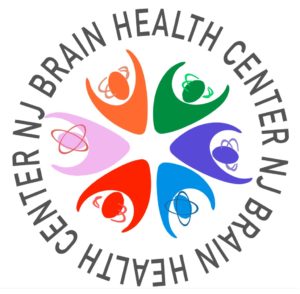Vascular Dementia
Vascular dementia is the second most common form of dementia, caused by reduced blood flow to the brain. This can result from a stroke, small vessel disease, or other conditions affecting the vascular system. The symptoms can vary widely depending on the location and severity of brain damage, but they often include problems with thinking, memory, and movement. While there’s no cure, managing the underlying conditions can help slow progression and improve quality of life.
Vascular dementia can develop in different ways:
- Post-Stroke Dementia: Cognitive decline following a stroke that damages brain areas responsible for memory, language, or reasoning.
- Subcortical Vascular Dementia: Caused by small vessel disease, leading to widespread damage to brain white matter.
- Mixed Dementia: A combination of vascular dementia and Alzheimer’s disease, presenting with symptoms of both conditions.
Identifying the type helps guide treatment and care.
Symptoms of vascular dementia can vary but often include:
- Difficulty with attention, planning, or decision-making
- Memory loss, though it may be less pronounced than in Alzheimer’s disease
- Slowed thinking or processing speed
- Mood changes, including depression or apathy
- Difficulty with walking, balance, or coordination
- Confusion, especially following a stroke or mini-stroke (TIA)
Symptoms may worsen suddenly after an event like a stroke or progress more gradually over time.
Diagnosing vascular dementia involves:
- Medical History: Reviewing cognitive symptoms, risk factors (e.g., high blood pressure, diabetes), and history of stroke or heart disease.
- Cognitive Tests: Assessing memory, problem-solving, and executive function.
- Neurological Exam: Checking reflexes, coordination, and other signs of brain damage.
- Imaging Tests: MRI or CT scans can detect strokes, brain shrinkage, or small vessel disease.
- Blood Tests: Identifying vascular risk factors like high cholesterol or diabetes.
This thorough evaluation helps confirm the diagnosis and determine its cause.
While there’s no cure, treatment for vascular dementia focuses on managing symptoms and preventing further brain damage:
- Managing Risk Factors:
- Controlling blood pressure, cholesterol, and blood sugar levels.
- Treating heart conditions and preventing blood clots.
- Lifestyle Changes: A heart-healthy diet, regular exercise, and smoking cessation can improve overall brain and vascular health.
- Medications:
- Antiplatelet drugs (e.g., aspirin) or anticoagulants to reduce stroke risk.
- Medications for mood changes or cognitive symptoms, such as Alzheimer’s drugs in cases of mixed dementia.
- Cognitive Rehabilitation: Therapies to improve problem-solving and memory.
- Supportive Care: Education, counseling, and caregiver resources to enhance quality of life.
Early intervention and a multidisciplinary approach can make a meaningful difference for individuals with vascular dementia and their families.
- Managing Risk Factors:
